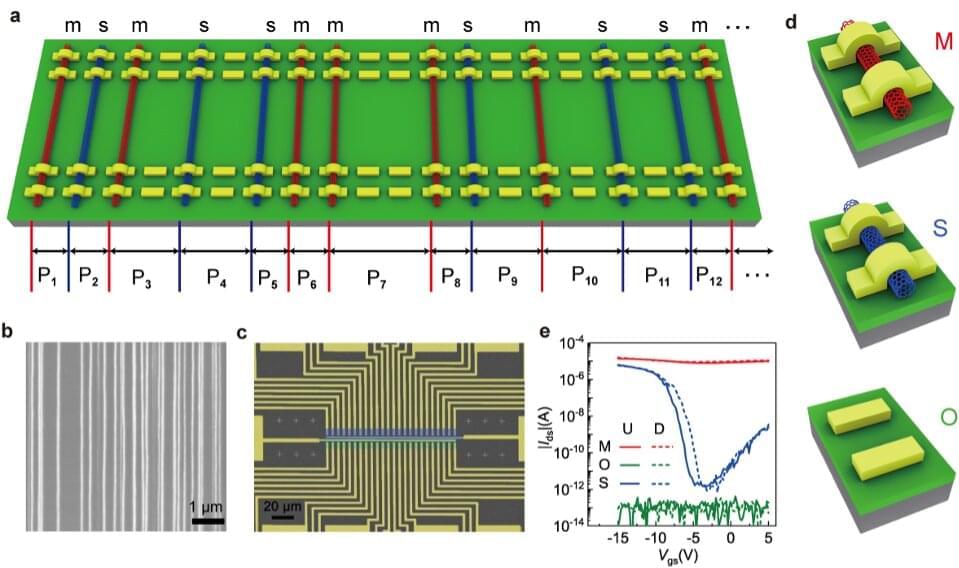We think of data storage as a modern problem, but even ancient civilizations kept records. While much of the world used stone tablets or other media that didn’t survive the centuries, the Incas used something called quipu which encoded numeric data in strings using knots. Now the ancient system of recording numbers has inspired a new way to encode qubits in a quantum computer.
With quipu, knots in a string represent a number. By analogy, a conventional qubit would be as if you used a string to form a 0 or 1 shape on a tabletop. A breeze or other “noise” would easily disturb your equation. But knots stay tied even if you pick the strings up and move them around. The new qubits are the same, encoding data in the topology of the material.
In practice, Quantinuum’s H1 processor uses 10 ytterbium ions trapped by lasers pulsing in a Fibonacci sequence. If you consider a conventional qubit to be a one-dimensional affair — the qubit’s state — this new system acts like a two-dimensional system, where the second dimension is time. This is easier to construct than conventional 2D quantum structures but offers at least some of the same inherent error resilience.







